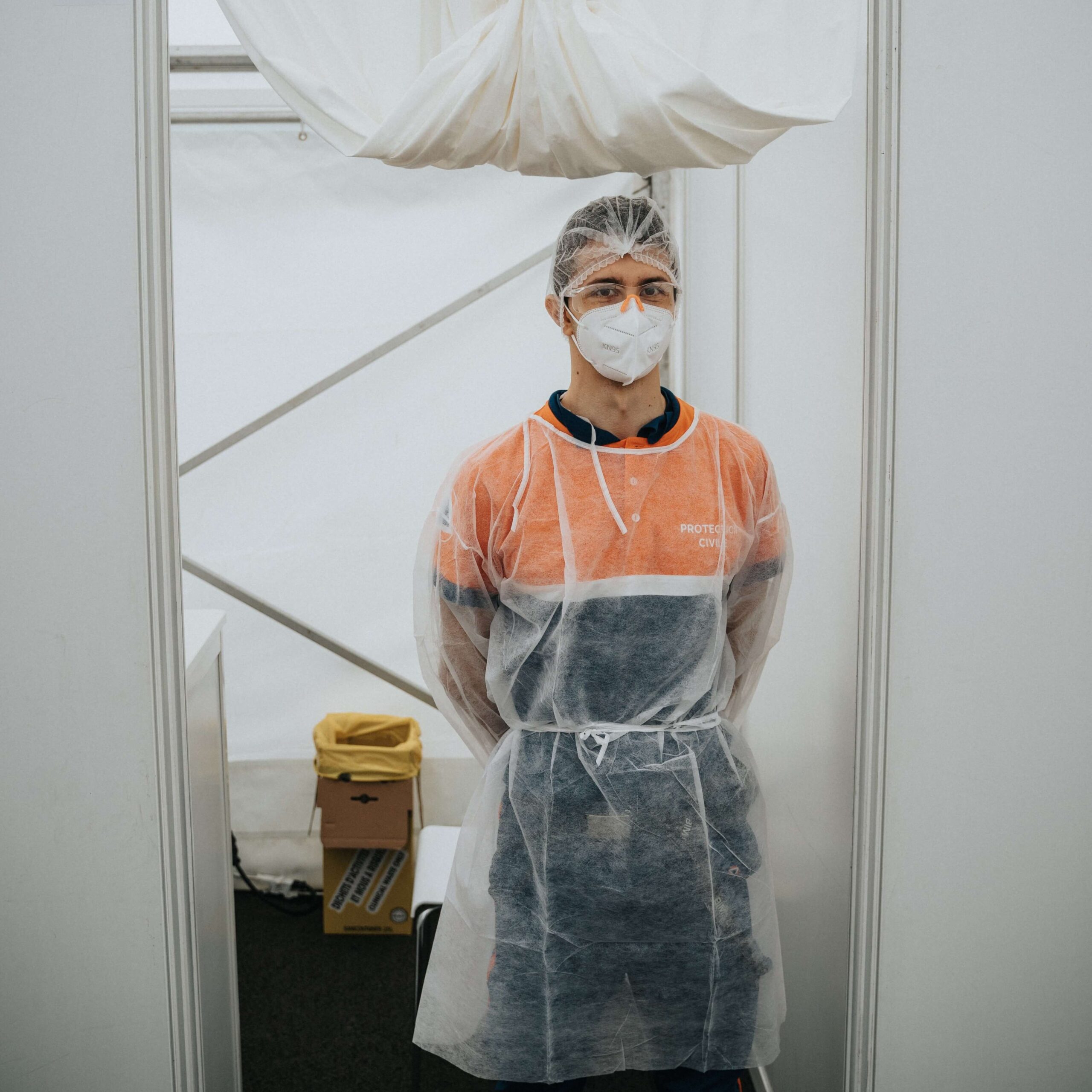Have you ever heard your doctor refer to an “antigen test” and wondered what it is? Antigen tests have quickly become essential tools in the fight against COVID-19, but what exactly do they measure, and how do these tests work? This blog post will answer those questions and more as we explore all that antigen testing offers. Stick around for a crash course on antigen tests, their uses in medicine, and why antigen tests have become so popular lately.
What Is an Antigen Test?
A Covid antigen test is something that has recently become popular throughout the world. It is a test designed to detect antigens or protein markers in the body, which help identify if someone has an active Coronavirus infection. The rapid antigen test involves a patient providing a sample, usually by nose swab, and then the sample is tested against laboratory-made antibodies.
If these antibodies bind to the antigen presented in the sample, it’s positive proof of active coronavirus infection. The great thing about antigen tests is their accuracy and affordability – they can provide quick results cheaper than other tests. So if you believe you may have been exposed to COVID-19 and want fast results, a rapid antigen test could be what you need.
How Should COVID-19 Antigen Test Be Done?
Antigen tests are generally done by taking a swab from the nose or throat, but other types of sample collection can also be used. Here are the steps involved in completing an antigen rapid test:
- 1. Sample Collection: Gathering samples is the crucial first step of antigen testing, and there are a few key things to consider when doing it. First, you need to ensure that the samples are collected correctly. Paying attention to details such as swab type and storage solution can reduce issues down the road. If you think you’ve properly collected your sample, great! But don’t forget: it must pass collection process validation with flying colours before testing.
- 2. Test Preparation: Before a test can be completed, it must be prepared for use in the lab. This usually involves reconstituting the sample and preparing reagents as needed. If you’re unsure about this step, consider working with an experienced laboratory technician who can prepare tests with maximum accuracy.
- 3. Testing & Results: With your samples ready to go, it’s time to run them and see the results. Depending on where you are getting tested, this could take anywhere from 15 minutes to several hours, so keep that in mind when planning your test day! Once complete, you’ll get your results back quickly to start taking the right steps to stay safe.
Risks Associated with Antigen Testing
No medical test is without risk, and antigen testing is no exception. While the risks involved with antigen testing are generally considered low, there are still a few potential side effects to be aware of. These include the following:
- False Negatives: A false negative result occurs when the Covid rapid antigen test incorrectly identifies someone as not having an active coronavirus infection, even though they have one. This can be a serious problem if unchecked and lead to people unwittingly spreading the virus without realising it.
- False Positives: On the flip side, a false positive result means that someone is incorrectly identified as having an active coronavirus infection, even though they don’t have one. While this may seem like a minor issue compared to a false negative, it can still cause undue stress and worry for those affected.
- Risk of Infection: Donating or taking samples for testing carries a very small risk of infection, though this is highly unlikely with proper safety precautions and sample collection practices.
Symptoms When You Should Take a COVID-19 Antigen Test
While antigen tests are useful for confirming an active coronavirus infection, they can also be a great way to catch infections early when symptoms have yet to appear. So if you think you may have been exposed to COVID-19 and haven’t yet started showing any signs of illness, it’s worth considering taking an antigen rapid test as soon as possible. Any symptoms could indicate the presence of a virus:
- A cough or sore throat: Recently, one of the tell-tale signs that you should consider taking an antigen Covid-19 test has been a chronic cough or sore throat. It is important to be aware of this symptom to help protect yourself and your community. A quick Covid antigen test could mean the difference between being proactive in identifying infection and potentially spreading it without even knowing.
- Fever: Another red flag for infection is a fever. If your temperature climbs above 100.4 degrees Fahrenheit (38 degrees Celsius), you should consider taking an antigen test as soon as possible to ensure nothing further develops.
- Shortness of breath: If you’re struggling to breathe or feel like it’s harder than usual to take in air, it may be wise to get tested immediately. This symptom can indicate the early stages of COVID-19, so you need to ensure that everything is OK before progressing any further.
- Fatigue or weakness: If you’re feeling unusually tired or weak, it is wise to take an antigen test. This can be due to many things (including the common cold), but COVID-19 may indicate that you have been infected.
- Muscle aches and pains: Aches and pains in the muscles can be a symptom of many illnesses, including COVID-19. Therefore, getting tested if you experience any of these symptoms is important, even if only slightly.
Conclusion
Antigen testing has become an important tool in the fight against COVID-19, providing quick results at a fraction of the cost of other tests. Although some risks are involved, antigen tests offer an effective way to identify active coronavirus infections while reducing the stress associated with more expensive tests. If you have any questions about antigen testing or need help getting set up for one, don’t hesitate to contact your healthcare team today! They’ll be more than happy to assist you and get you on the right track towards finding out if you have been exposed to COVID-19. Good luck!

